
What Were They Thinking?
The Federal Reserve in the Run-up to the 2008 Financial Crisis
Read offline
Recommendation
With 500 top professional economists, 2,500 supervisory personnel, and an extensive network of formal and informal relationships throughout the financial sector, the Federal Reserve was in a unique position to foresee and perhaps prevent the financial crisis of 2008. So why didn’t it? Professors Stephen Golub, Ayse Kaya and Michael Reay scoured the printed records of what Fed insiders were saying behind closed doors in the years leading up to the crisis. The authors exercise their respective specializations in economics, political science and political sociology to understand why “the most powerful and prestigious economic agency in the world” didn’t see the catastrophe coming. getAbstract recommends this accessible, unsettling, eye-opening article to policy makers and Fed watchers.
Summary
About the Authors
Stephen Golub is an economics professor at Swarthmore College, where Ayse Kaya is an assistant professor in political science and Michael Reay is an assistant professor in political sociology.


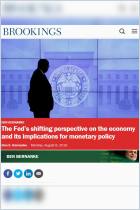
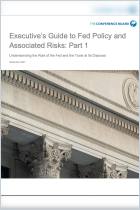
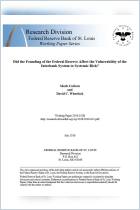
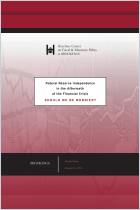
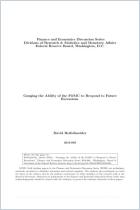
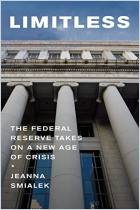

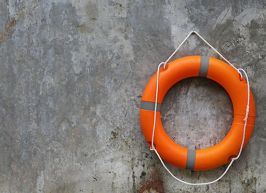





Comment on this summary